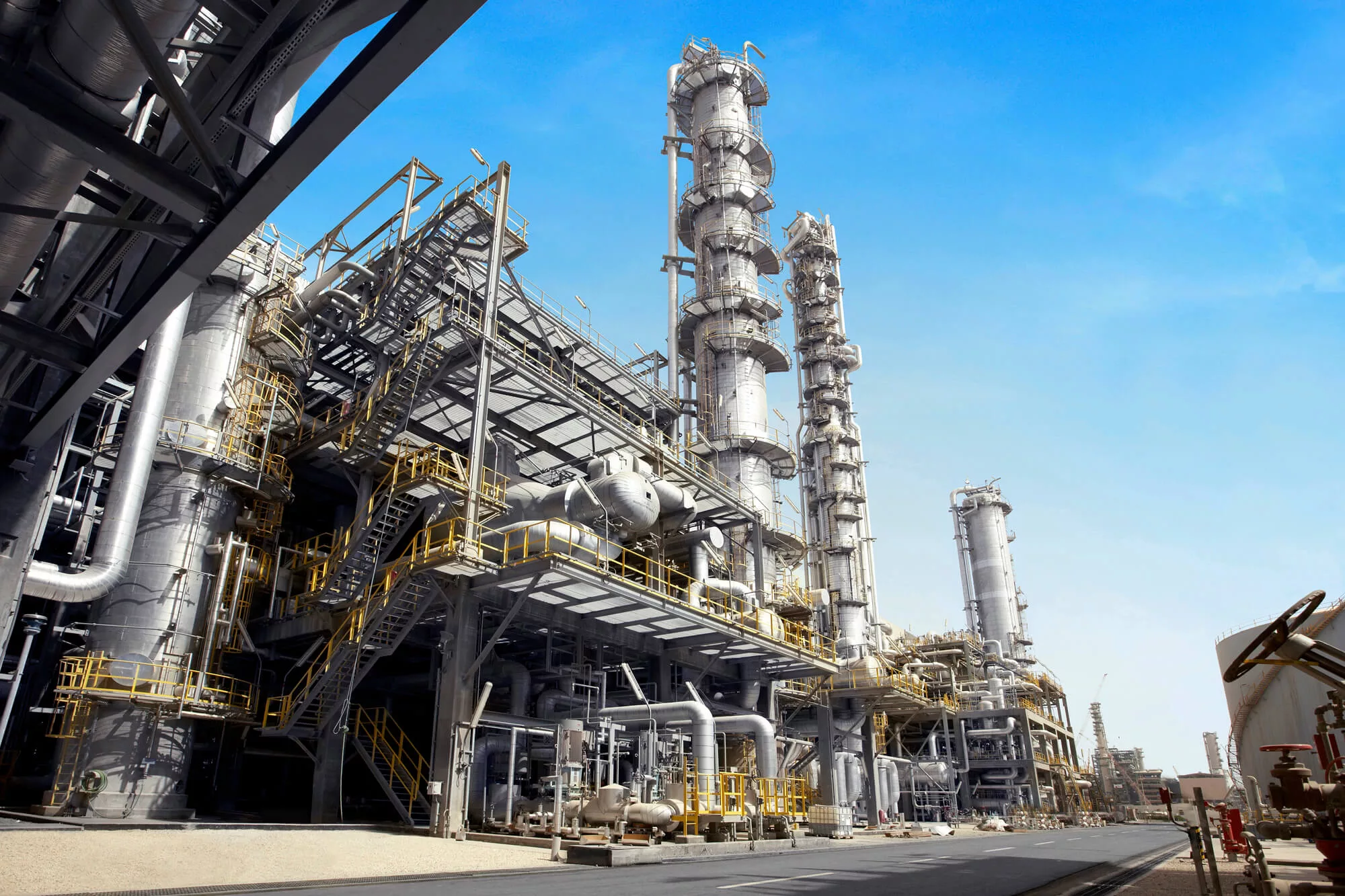In the evolving landscape of energy production, the oil industry finds itself at a crossroads, with a focus shifting towards petrochemicals as a significant source of demand amidst the global push for low-carbon alternatives. As the world gravitates towards renewable energy sources, petrochemicals, derived from oil, are playing a crucial role in various applications, from manufacturing plastics to creating components for medical devices. This sector is poised for substantial growth, driven by the adoption of renewable energy technologies and the global emphasis on reducing carbon footprints.
The International Energy Agency (IEA) anticipates that petrochemicals will dominate the oil demand growth, surpassing the needs for diesel, aviation, and shipping fuels by 2030 and significantly influencing the market by 2050. This increase in demand is expected to elevate natural gas consumption by an impressive 56 billion cubic meters annually by the end of this decade, equaling half of Canada’s current gas usage. According to Kate Hardin, Executive Director at Deloitte’s Research Center for Energy and Industrials, petrochemicals are emerging as the primary driver of global oil demand growth.
This surge in petrochemical demand offers a potential avenue for the oil industry to sustain its relevance, especially as it confronts challenges from climate policies, the transition to electric vehicles, investor pressures, and diminishing refinery capacities. Remarkably, the clean energy transition is contributing to the demand for petrochemicals, as these materials are integral to the production of wind turbines, solar panels, and electric vehicles, underscoring the symbiotic relationship between renewable energy advancements and the petrochemical sector.
Tanya Vetter, a senior executive at ExxonMobil, predicts a 40% increase in petrochemical demand by 2030, with expectations for it to double by 2050, contrasting with the anticipated decline in gasoline demand. The company, like others in the sector, is adapting its business strategies to focus on producing high-value petrochemical products while aiming to reduce emissions.
However, the environmental implications of this shift are not without controversy. The production of petrochemicals has been linked to toxic emissions, raising concerns among environmental groups and communities located near these facilities. The debate extends to the broader environmental impact of prolonging oil production for petrochemical manufacturing, with critics arguing that it undermines efforts to combat climate change.
Despite these concerns, the transition towards petrochemicals appears to be an inevitable trend, with the oil industry betting on this segment to offset declines in traditional fuel markets. Innovations in bio-based alternatives and advanced recycling technologies are being explored, yet petrochemicals derived from fossil fuels are expected to remain predominant due to their cost-effectiveness and established production infrastructure.
As the oil industry navigates this transition, the role of petrochemicals in supporting both the economy and the shift towards sustainable energy sources is becoming increasingly apparent. Nonetheless, balancing economic growth with environmental stewardship remains a critical challenge, necessitating a concerted effort from industry players, policymakers, and communities to mitigate the adverse effects while harnessing the potential benefits of this evolving energy landscape.










